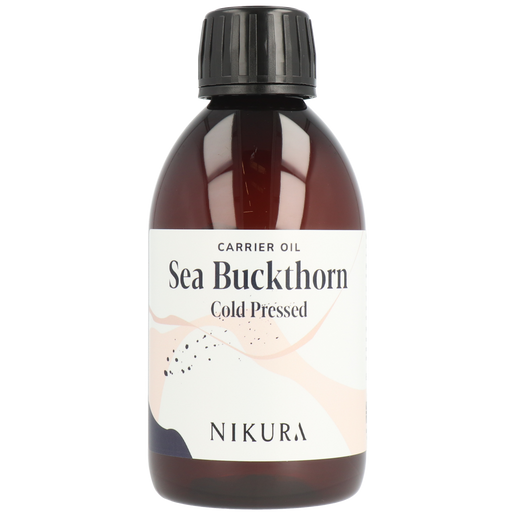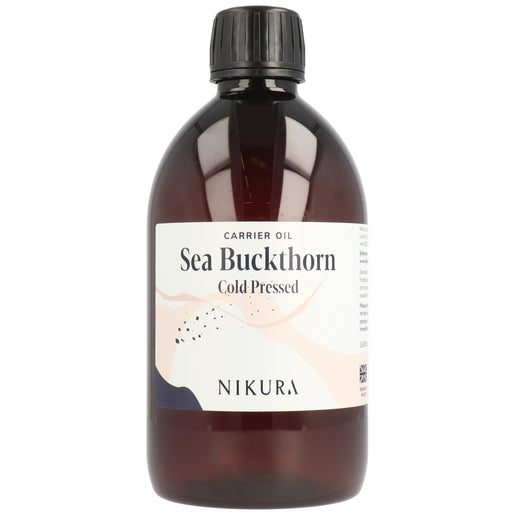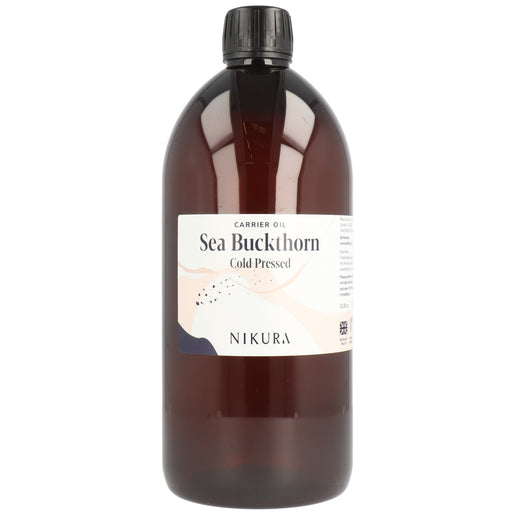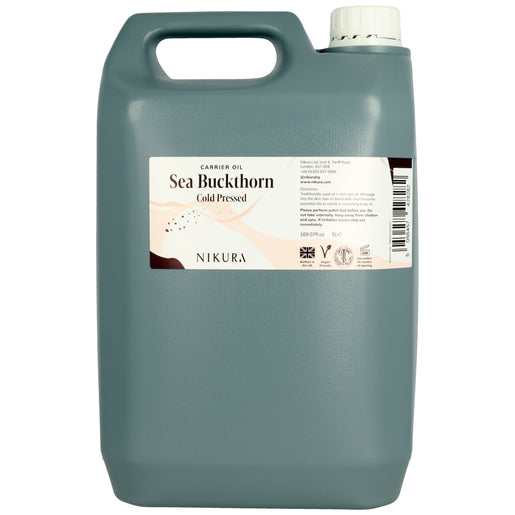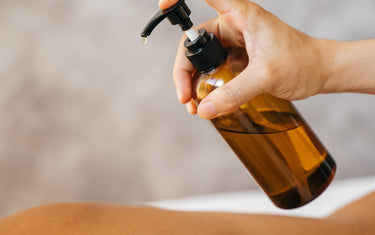- Home
- Hair & Body Oils | Carrier Oils
- Sea Buckthorn Oil | Carrier
Sea Buckthorn Oil | Carrier
-

- HAIR CARE
- -
- SKIN CARE
- -
- ANTI-AGEING
-

Over £35
30-Day Returns
- High-quality, pure ingredients
- Genuine & long-lasting scent
- Ethically sourced & bottled in UK
- Affordable sizes for everyone
Sea Buckthorn is deep orange in colour and may stain skin.
Elevate your skincare with Sea Buckthorn Carrier Oil.
This rich, vibrant orange oil, sourced from the “holy fruit of the Himalayas,” is packed with antioxidants and essential fatty acids.
Ideal for revitalising your skin, it leaves you with a healthy, radiant glow.
Some of the potential health benefits of this versatile oil include:
- Skin Health: Nourishes and hydrates, promoting a youthful appearance
- Heart Health: May support cardiovascular function
- Digestive Aid: Could assist in maintaining a healthy digestive system
- Liver Support: Potentially beneficial for liver health
-
Immune Function: Rich in nutrients that may boost immune system
Precautions
- FOR EXTERNAL USE ONLY
- Store in a cool, dry place.
This natural product cannot be guaranteed free from traces of nuts or other allergens. Due to the nature of this product, there may be variances in colour and scent between batches. We are constantly improving our products and so, on occasion, the product you receive may differ slightly in appearance from images displayed on our website.
The above information is provided in good faith and the given benefits of this carrier oil are obtained from characteristics with which it is commonly associated. This information is not based on facts and the benefits of the product may vary between individuals. If unsure, then we advise you to seek professional advice.
Product Details
- Bottled in the UK.
- Aromatherapy Trade Council Member.
- 100% Pure Natural Carrier Oils.
- Ethically Sourced and not tested on animals. Vegan friendly.
- Supplied in a plastic amber bottle with a tamper-evident lid.
- Expiry Date & Batch Codes on labels.
Hobbyist or candle connoisseur? We offer high-quality essential and fragrance oils for businesses of all sizes. Sign up today to check out our business prices.
Over £35
30-Day Returns
Share this product
























